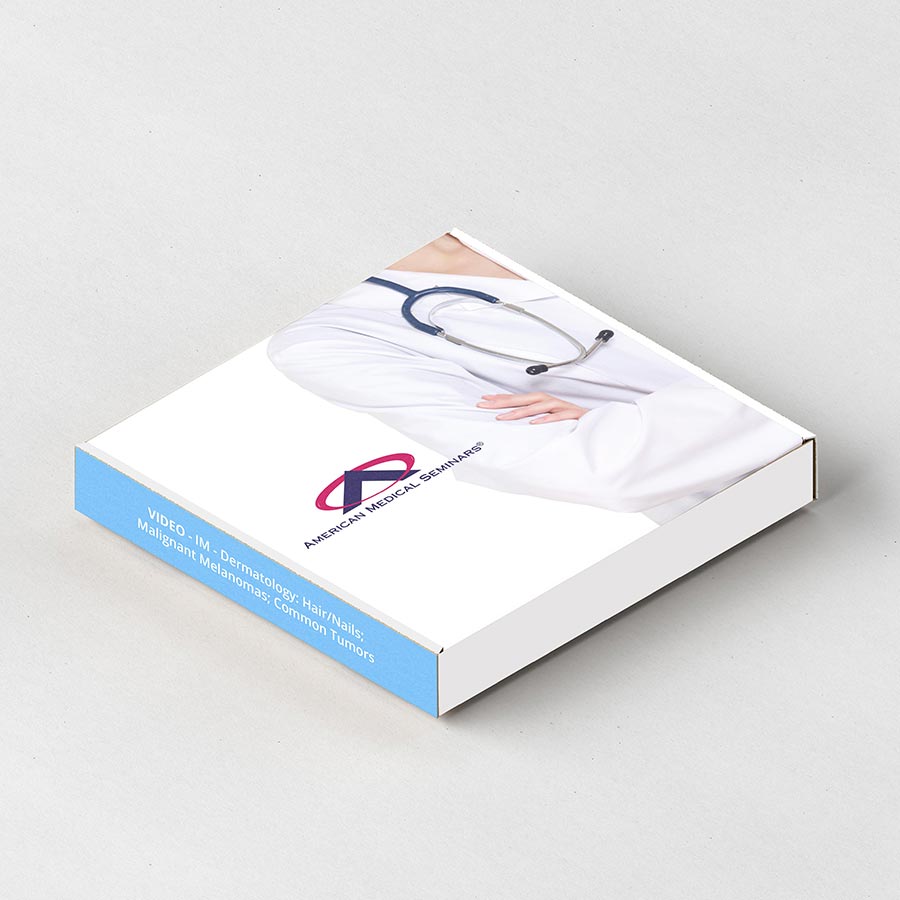Product Description
Title: Internal Medicine – Neurology: Stroke Part 1 and 2; Psychogenic Neurologic Disorders
Faculty: Laurence J. Kinsella, M.D., F.A.A.N., David E. Riley, M.D.
Original Release Date: July 1, 2018 Expiration Date: July 1, 2021
TOPIC 1: Stroke, Part I – An Evidence-Based Review of Risk Factors and Prevention.
Upon completion of this session, the participant should be able to: EBM, GL, COMP
- Identify risk factors and apply prevention strategies.
- Apply the CHA2DS2-VASc Score to assess risk of stroke with Atrial Fibrillation and guide treatment plan.
- Plan when to refer patients for carotid endarterectomy.
- Determine use of aspirin, clopidogrel, dipyridamole, warfarin and novel anticoagulants, carotid endarterectomy and stenting.
TOPIC 2: Stroke, Part II – TIA and Acute Stroke.
Upon completion of this session, the participant should be able to: GL, COMP
- Apply risk stratification to TIA.
- Employ a protocol for evaluation and treatment of TIA and stroke.
- Apply inclusion criteria and CT criteria for thrombolysis.
- Evaluate outcomes, hemorrhage rate, recovery.
TOPIC 3: Psychogenic Neurologic Disorders.
Upon completion of this session, the participant should be able to: COMP
- Evaluate common neurologic manifestations of psychogenic disorders.
- Distinguish among malingering, factitious disorders and conversion disorders.
- Conduct an interview of a patient with a suspected psychogenic disorder.
- Formulate a plan for management of a psychogenic illness.
- The receipt for any incentive-associated purchase will designate the value of the gift card separately from the cost of the learning activity.
- This incentive may have implications on your tax reporting obligations. Any reimbursed amount must be declared as personal income for tax purposes.


